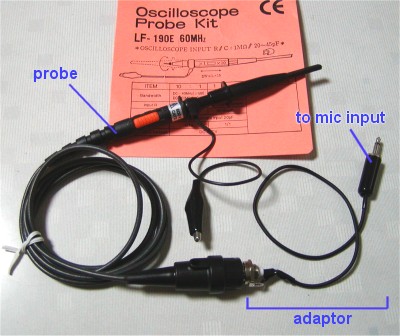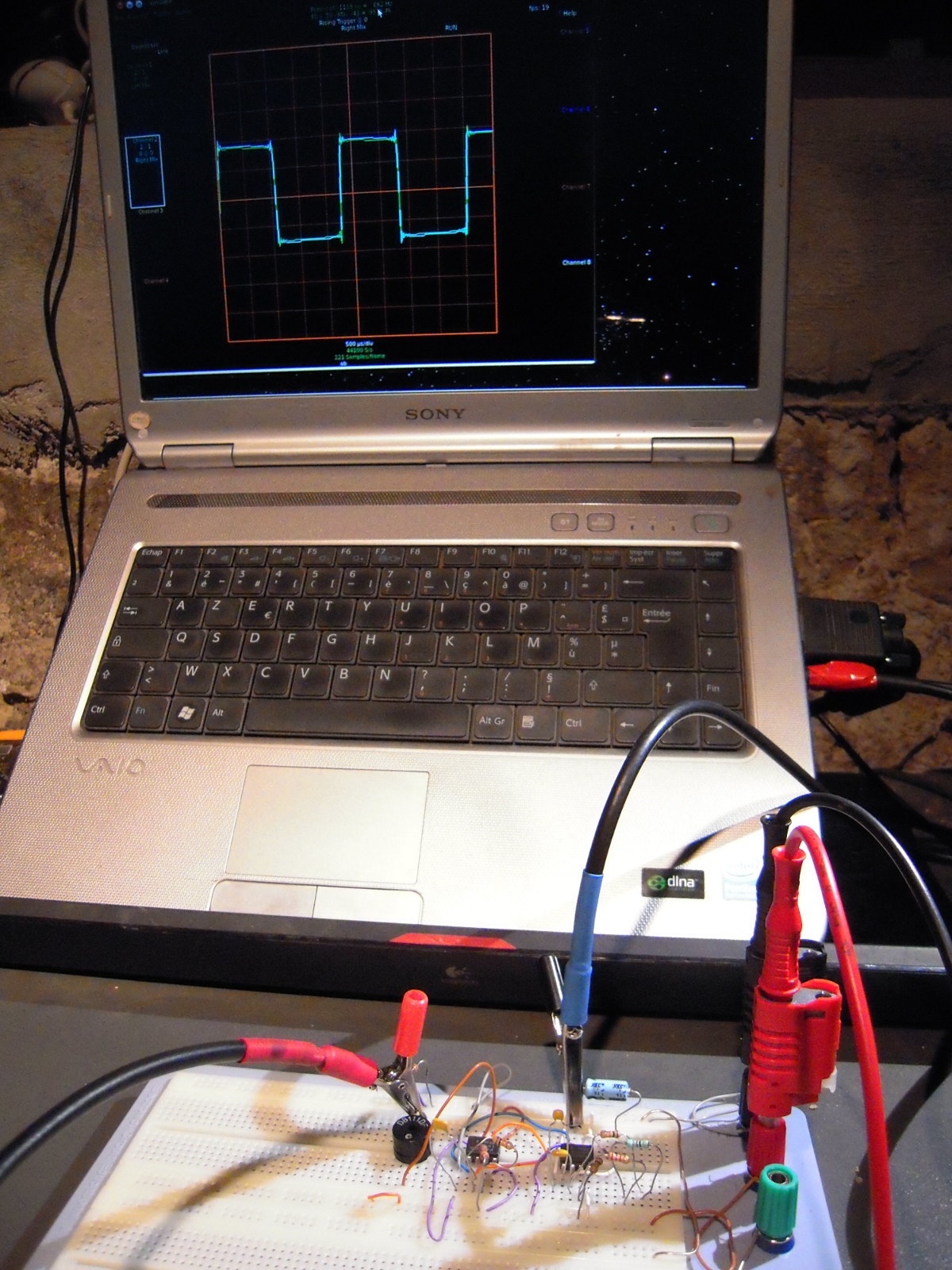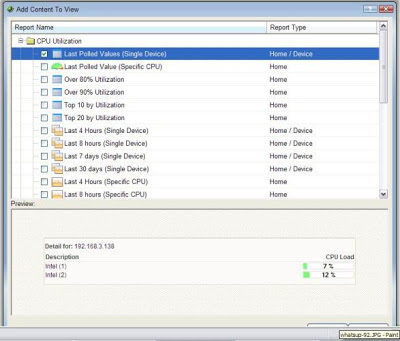


Moreover, ICT appears ready to take off in industry as never before, spurred by new advances in such technologies as artificial intelligence (AI) and virtual reality (VR). One recent example is the Internet of Things (IoT), in which devices and appliances have Internet connectivity and ICT functions built in. "text": "Taking outstanding ICT achievements to the next level. "title": "ICT and Fujifilm’s new wave of innovation", "address": "55 Jays Cl, Basingstoke RG22 4BY", "address": "Birmingham Rd, Warwick CV34 5AH", "address": "25 Victoria St, Westminster, London SW1H 0EX",


"address": "St Martins Business Centre, St Martins Way, Bedford MK42 0LF", Please note the wrong ioctl integer (0xffffffffc0045006, it should be 0xc0045006). I think there are no regressions here because the patch changes only an unisigned integer. Please note the wrong ioctl integer (0xffffffffc004 5006, it should be 0xc0045006). exiting"ģ) starting the software with "padsp -d xoscope" prints the output: exiting"ġ) Open the software from commandline with "padsp xoscope"Ģ) the software works as expected using the virtual /dev/dsp provided by padspĢ) Software doesn't work and prints the output "No valid data sources found. To reproduce the bug (32 and 64 bits arch):Ģ) the software cannot find nor the /dev/dsp nor the esd soundcard so it fails whit the error: "No valid data sources found. Patch accepted for the development fix it applicabile also at the stable one, because the package was at the same version number before the patch was accepted. The only modified package is xoscope upgraded to version 2.0-3.1ubuntu2. This change is not desruptive because the option could be changed at runtime using a menu inside the software. The patch also set the defaut client mode to record, instead of monitor, it works better in pulseaudio. In this way, xoscope can work as it was conceived, using the soundcard via libraries instead accessing the raw device (/dev/dsp). Patch enables also the esd support by adding libesd0-dev to the compiler dependency. The fix use unsigned integer to call the ioctl, calling it the right way. On 64 bit arch, due to the wrong ioctl parameter, it does not work at all, nor with esd (disabled at compile time) nor with padsp. The software was conceived to use raw dsp audio as fallback mechanism, but in this case, it is the only way to make it work whit a soundcard. The only way to make it work, is to execute on 32 bit arch only with padsp (raw dsp device was disabled in Ubuntu). Xoscope doesn't work at all on 64 bit architecture. Xoscope version is 2.0-3.1ubuntu1 on ubuntu 11.10 Utils/padsp.c: unknown ioctl 0xffffffffc0045006 Utils/padsp.c: dsp_open() succeeded, fd=8 I think the problem is located in the changed behavior in /dev/dsp.


 0 kommentar(er)
0 kommentar(er)
